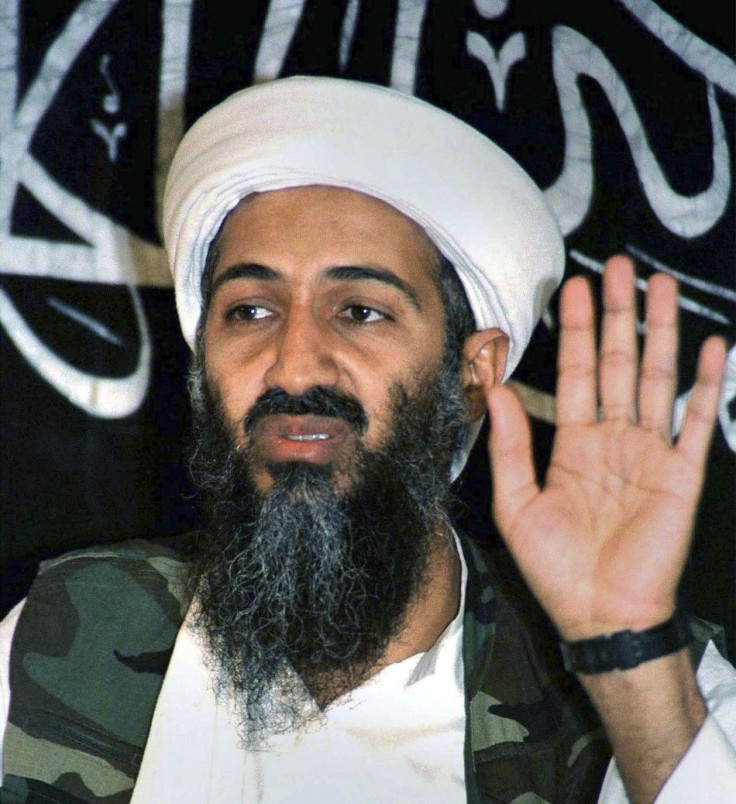Pakistani Doctor Faces Treason Charges in Bin Laden Case

Pakistani doctor Shakeel Afridi, who helped the CIA track Osama bin Laden before U.S. special forces killed the terrorist leader, may be charged with treason.
An official Pakistani inquiry into bin Laden's presence in the country recommended that Dr. Afridi be charged with high treason after an exhaustive review of the U.S. strike in May.
In view of the record and evidence placed before the commission in relation to Dr. Shakeel Afridi; the commission is of the view that prima facie, a case of conspiracy against the State of Pakistan and high treason is made out against him, the inquiry said in a statement.
The commission doesn't have the legal authority to institute charges against Afridi, but its recommendations are likely to be followed. Dr. Afridi was working for a foreign intelligence agency, which is a serious crime in most countries, including the United States. If convicted, the doctor could be sentenced to death.
The inquiry's judgment has angered U.S. officials, who consider him a hero. Earlier this year, Dr. Afridi was revealed to have been recruited by the CIA to verify bin Laden's location in a walled compound in Abbottabad, a two-hour drive north of Islamabad, Pakistan's capital.
The doctor organized an elaborate sham immunization campaign, sending health workers into bin Laden's compound to try to take DNA sample. The effort failed to gather any evidence as to bin Laden's location, however, even when President Obama decided to mount the raid.
Three weeks after the May 2 raid, Pakistan's Inter-Services Intelligence Directorate spy agency arrested Dr. Afridi, who is a senior health official in the Pakistani government. He has been in custody ever since, and there have been allegations that Dr. Afridi was severely tortured during questioning.
Washington had been pressing the Pakistani government to release the doctor since the end of May, in an effort to get Afridi and his family settled in the U.S.
American officials are already in a tense diplomatic standoff with Islamabad, according to the McClatchy Washington Bureau. So far, there have been almost no arrests for helping to hide Osama bin Laden, and American officials assert that Pakistan is more focused on finding out how the CIA tracked the terrorist down than on how he managed to remain undetected in Abbottabad, a military garrison town, for as long as five years.
On Sept. 29, the Pakistani government freed Amin al-Haq, a top-level al-Qaeda prisoner who had spent years fighting and guarding bin Laden. Two senior police officials supported the move. [He was] not a key player, they told CBS, and had no information of great value.
The Pakistani inquiry also called for bin Laden's wives and children to be sent back to their home countries. The U.S. special forces raid that found and killed the al Qaida chief left behind three wives and several children who lived with him.
President Obama said Thursday at a news conference in Washington that Pakistan was in touch with unsavory characters in Afghanistan, but continued to deny that there was any evidence Pakistan had helped hide Osama bin Laden.
© Copyright IBTimes 2024. All rights reserved.











